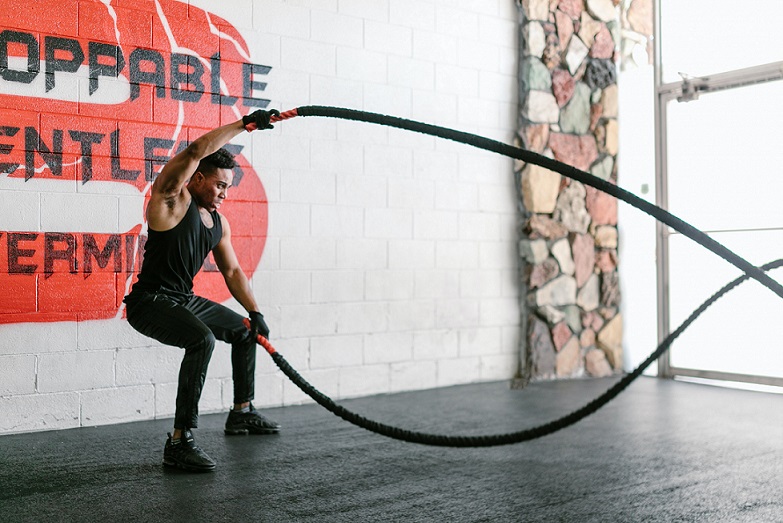What are HIIT workouts and why you should do them?
High-intensity interval training, sometimes known as HIIT, is a type of cardio exercise performed in quick, intense bursts with the goal of maximizing athletic performance while depriving the muscles of oxygen. If you want to increase strength and muscle endurance or reduce weight, HIIT is a terrific activity to incorporate into your programme. The advantages of HIIT include calorie burning, weight loss, and muscle growth. Additionally, HIIT can improve oxygen and blood flow while lowering blood pressure and blood sugar. By enhancing memory and mental wellness, HIIT may also be beneficial for brain health.

HIIT burns a large number of calories quickly
HIIT can help you burn calories quickly. In the study, the number of calories burned after HIIT, weight training, running, and biking for 30 minutes was compared. Researchers discovered that HIIT burned between 25 and 30 per cent more calories than other types of exercise. A HIIT repetition in this study comprised 20 seconds of maximum effort and 40 seconds of recovery.
This indicates that the participants only exercised for a third as long as the groups who ran and biked did.HIIT workouts frequently last far less time than regular exercise sessions, despite the fact that each one in this study lasted 30 minutes. This is because HIIT enables you to exercise for a shorter period of time while burning roughly the same number of calories.
HIIT controls your hunger | HIIT workouts
HIIT can help you control your appetite if you have a tendency to overeat. The intensity of HIIT results in a drop in ghrelin levels, which suppresses appetite by decreasing ghrelin levels. Additionally, HIIT briefly raises your blood lactate and blood sugar levels, which decreases appetite.
Enhancing Metabolic And Cardiovascular Health | HIIT workouts
Both those in good health and those with cardiovascular issues may benefit from HIIT for improving their heart health. Additionally, it might aid in enhancing metabolic health indicators like cholesterol, blood pressure, and blood sugar levels. According to a study, a 10-week programme of HIIT exercises had equivalent cardiovascular and metabolic effects to those of moderate-intensity exercises.
90 previously sedentary participants in the study finished either a HIIT programme or a conventional moderate-intensity continuous training (MICT) programme. Less than half as much time was spent exercising overall for the HIIT programme, which took an average of 55 minutes per week, as opposed to the MICT, which required an average of 128 minutes per week from the participants.
HIIT for Muscle Gain | HIIT workouts

HIIT may assist certain individuals in gaining muscular mass. However, muscle gains are primarily focused on the muscles that are used the most, which are typically those in the trunk and legs. A study found that less active individuals are also more likely to have increases in muscle mass. The most effective form of exercise for building muscle is weight training. High-intensity interval training, however, might encourage some muscular growth.
HIIT can lower blood sugar levels | HIIT workouts
Less than 12-week HIIT workouts can lower blood sugar levels. A review of 50 trials indicated that HIIT lowers insulin resistance better than a continuous exercise in addition to lowering blood sugar levels. This information suggests that persons who are at risk for type 2 diabetes may benefit especially from high-intensity exercise. In fact, certain studies conducted exclusively on individuals with type 2 diabetes have shown how efficient HIIT is at lowering blood sugar. However, research in healthy individuals suggests that HIIT may be even more effective than conventional continuous exercise for improving insulin resistance.
Conclusion | HIIT workouts
While taking up less time, HIIT has many of the same health benefits as traditional forms of exercise. Reduced body fat, heart rate, and blood pressure are a few of these benefits. Additionally, HIIT might improve insulin sensitivity and blood sugar regulation. As a result, if you’re pressed for time or have to keep moving, you might want to think about HIIT activities.




Trackbacks/Pingbacks